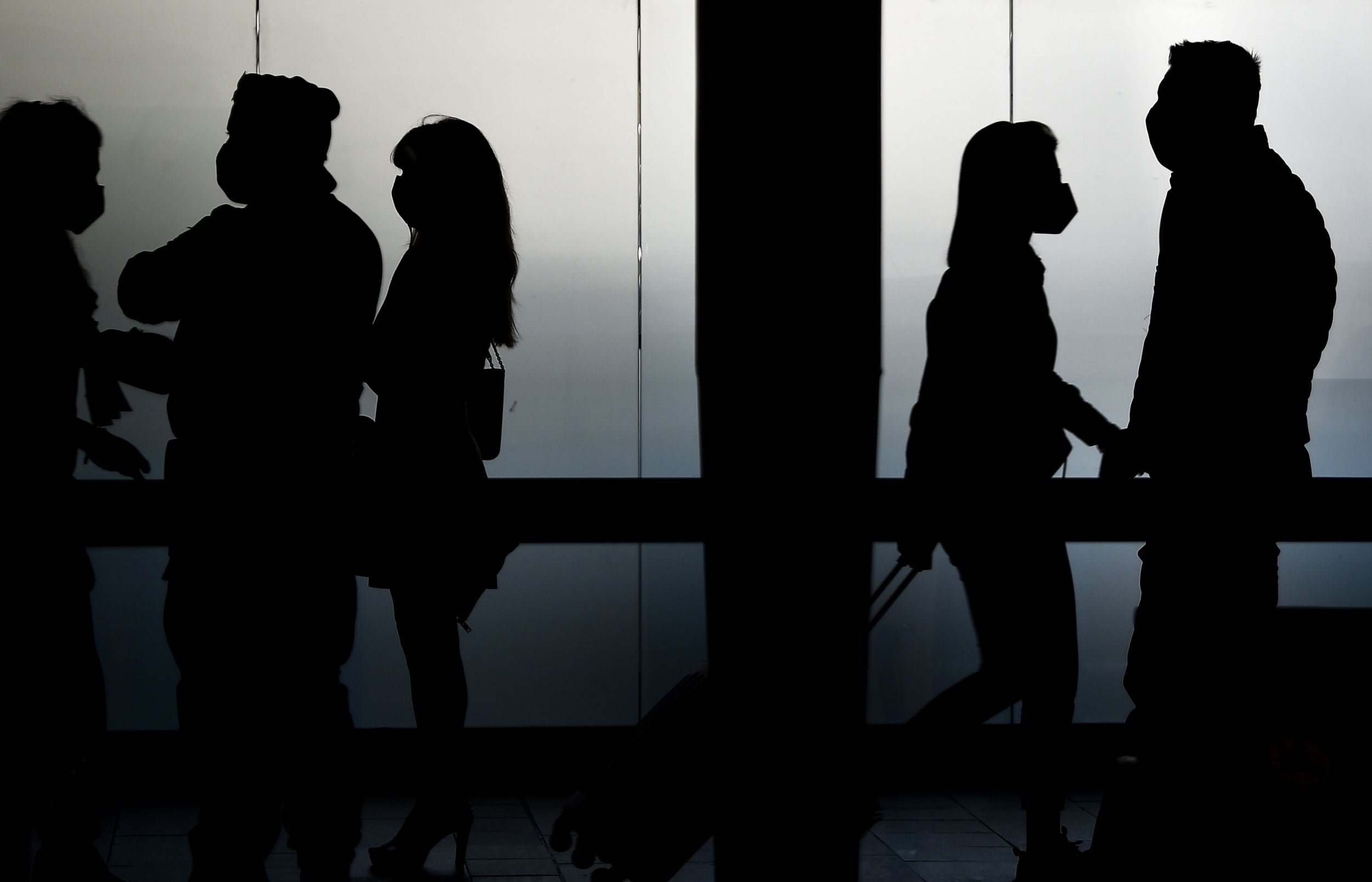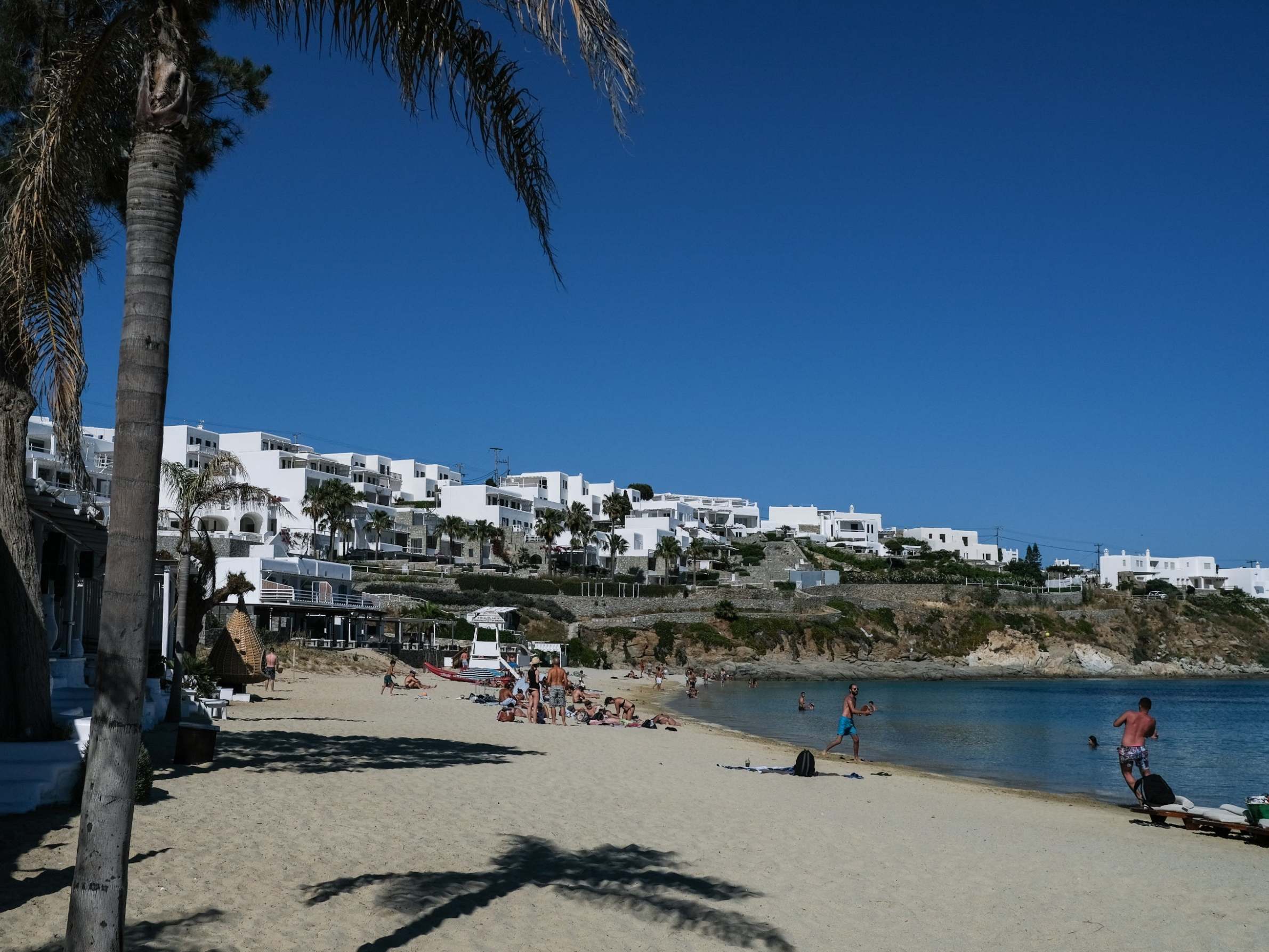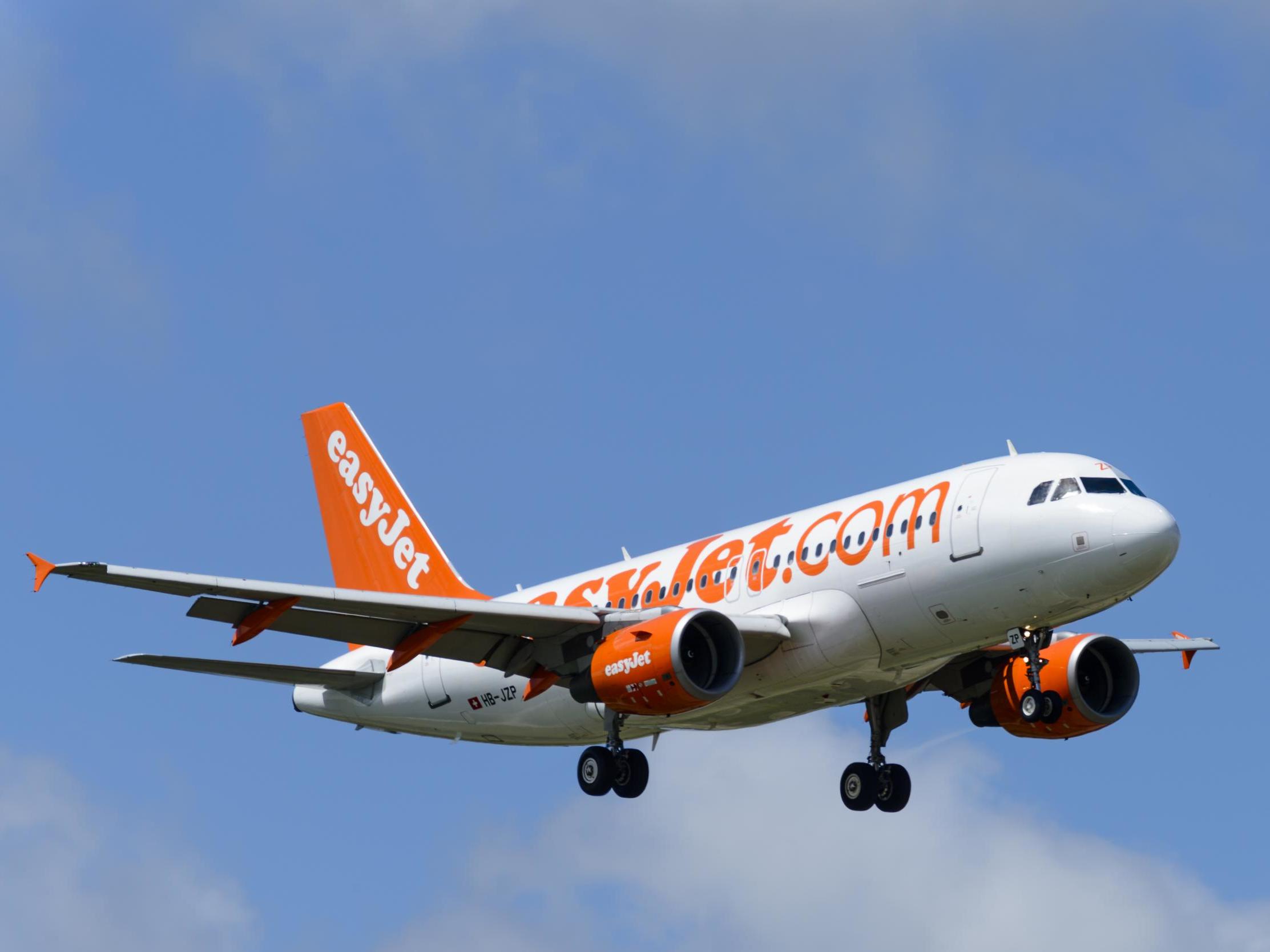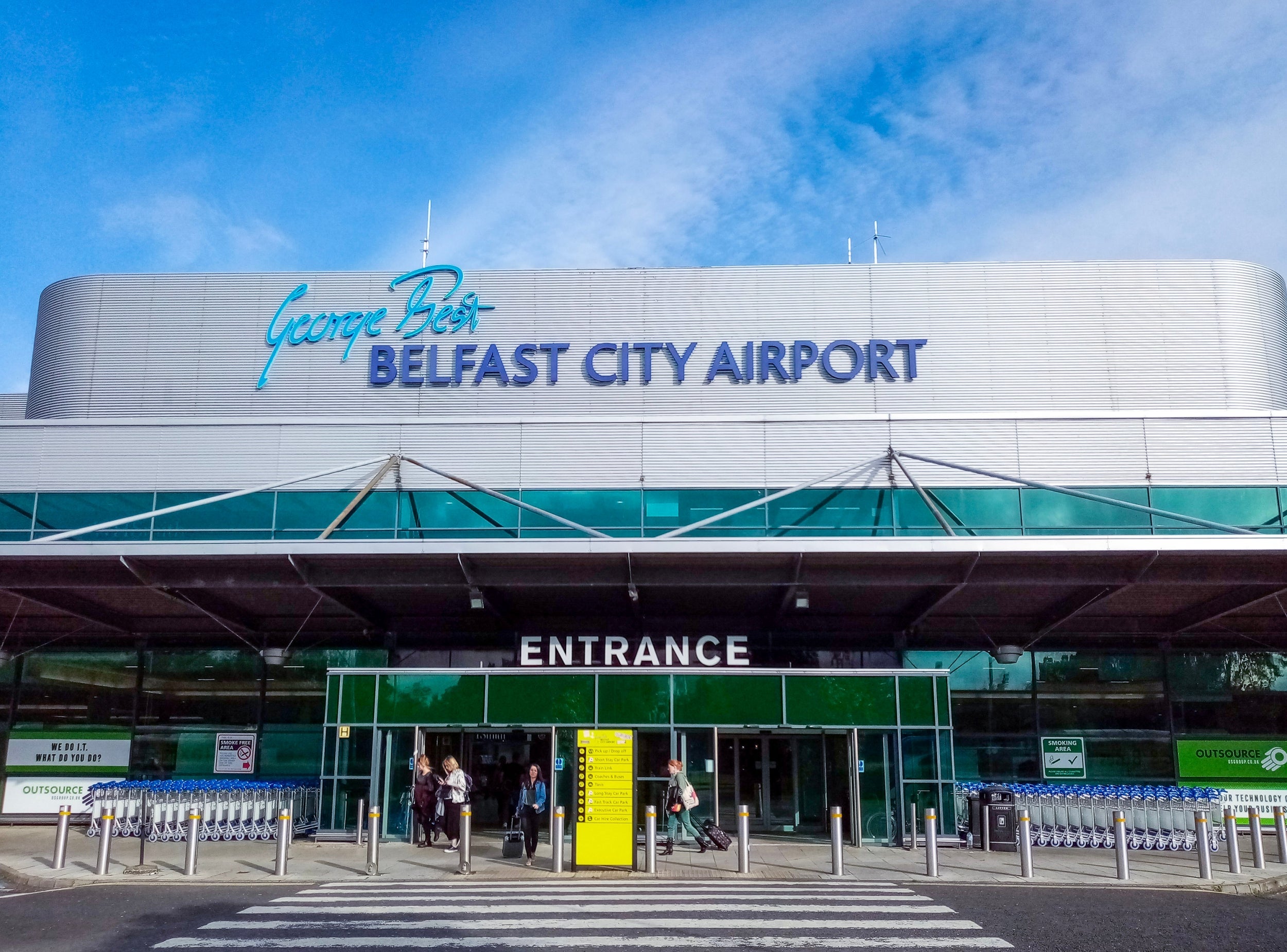How long will the quarantine rule for travellers last?
Simon Calder answers your questions on the two-week isolation for travellers, the morality of holidays, easyJet’s timetable and driving through Ireland


Q What do you think the chances are of quarantine still existing in a meaningful way after the initial three weeks? We are due to go France for a week’s fishing on 27 June till 4 July. If it is still ongoing, one of our party also has a holiday booked on 10 July to Finland. Can they break quarantine?
Jamie W
A Despite the scientific evidence to the contrary, the UK government is set on causing severe economic damage to Britain’s inbound and outbound travel industries with a bizarre decision to impose quarantine on all inbound travellers from 8 June. The plan, devised by Dominic Cummings and championed by Priti Patel and Dominic Raab, is also causing emotional damage: stress and upset for the many millions of people who are set to travel abroad in July and August.
Opposition to this blanket, non-risk-based policy is growing. The big question is whether it will prove to be a “three-week wonder” that is effectively neutralised on the first review date, 29 June, or extends into July.
You are therefore at risk of having to undergo quarantine on return. You are not expected to leave the address for two weeks except for a list of “compassionate” reasons or to go shopping for essentials. Public Health England will set up an “assurance service” to contact quarantinees (yes, that is the name) at random.
If the traveller is not at home or out without a valid excuse, a £1,000 fixed penalty notice will be issued in England. And if, after arriving at your self-isolation destination, you develop symptoms and request a test that then proves negative, you are not permitted to end quarantine. Even if quarantine is lifted while you are already self-isolating, you have to serve the rest of your sentence.
Your friend who has a second holiday booked in July is actually in a good position. They have stumbled upon the one universal exemption and the only reason for finishing quarantine early: leaving the UK. Indeed, you might even want to consider making another foreign trip to a non-quarantine nation to avoid two weeks of self-isolation.

Q Your article suggesting we should all (10 million of us!) go on holiday abroad is frankly irresponsible from a well-thought-of journalist.
Have you spoken with families who have been bereaved, health care staff who have not had leave, and families who have been stuck in tower blocks and cannot afford to go on holiday?
To say that if we travel the problem sits with the country we visit is selfish beyond belief. Having a sunny Greek holiday would be fantastic but is it an essential human right?
Name supplied
A No, a holiday in Greece is not an essential human right, and the Greeks are opening up their beautiful country to the citizens of another that has a far worse coronavirus crisis than they do – choosing to test then quarantine British tourists for a week.
My article was solely intended to expose the myth peddled by British politicians on both sides of the house that there is a scientific justification for imposing quarantine from Monday – and with it wiping out both inbound and outbound tourism for the next month or two.
Can we look at the proposition from a statistical perspective? The government’s (and opposition’s) line is ridiculous. Keeping the 10 million people who might otherwise be travelling abroad in the UK, where they will be far more exposed to coronavirus than they would in Greece or any other Mediterranean country, is likely to drive up the number of people who contract Covid-19. This will tragically and inevitably increase the number of deaths, which is of course exactly what you and I want to avoid. The NHS and its fabulous staff deserve less strain, not more. And I am incensed that the proponents of quarantine cannot see this.
From the perspective of the host country, the prospect of British tourists arriving en masse is one that they can decide upon, balancing their economy and jobs against the increased risk of infection.
We cannot and should not impose ourselves on any nation that does not want us – but, as Portugal, Croatia and Italy have shown, there are plenty of countries prepared to welcome us.
Ultimately, as I have always said, the best way to minimise risk is to take all the precautions one can – and certainly not to travel or do anything other than self-isolate if one has any symptoms.

Q I saw your article about easyJet cancelling most of its flights this summer – but just a couple of hours earlier, they announced a summer sale. So what’s going on?
Claire S
A On Monday night I noticed that many previously available easyJet flights in July were disappearing from sale – with some in August vanishing. Britain’s biggest budget airline, which has been grounded completely since late March, had previously said it would start operations on a much-reduced network in mid-June and operate at scale from July.
The question was: what scale would that be? Its rival, Ryanair, had already said it would fly 40 per cent of originally planned flights in July, while seeking to cover nine out of 10 routes; the difference is explained by cutting frequencies, for example only operating one of the five planned round-trips between Stansted and Rome.
But easyJet has now revealed it is cutting even deeper, with only three out of 10 of the scheduled operations running right through to September. One factor may be the UK government’s quarantine plans, which have stifled new bookings for many weeks ahead.
The airline understandably wants to put a positive spin on the decision, and said: “EasyJet has announced it will resume flying to almost three quarters of its route network by August.” But that message masks deep cuts, affecting millions of passengers with advance bookings for the summer of 2020.
The highest number of disappointed travellers will be in July. Sometimes flights will be consolidated, with passengers booked from Southend and Luton to Barcelona offered the choice of switching to one of the very limited number of Gatwick departures.
Under European air passengers’ rights rules, though, an airline that cancels a flight must offer the affected travellers a choice between a full cash refund and rebooking on a different departure, possibly with a rival.
If you happen to be committed to arrangements in your planned destination, it will probably be best to insist easyJet rebooks you on an alternative flight. For example, if your flight to Barcelona from the London area is not operating, ask to be switched to a British Airways flight from Heathrow.
The seat sale, meanwhile, is a standard way to try to kick-start sluggish bookings, to try to fill those flights that remain in the schedule.

Q We have a trip to Ireland booked towards the end of June, to visit our house in the northeast of Ireland. The problem is: we have to fly into Belfast and then travel 100 miles across the border. Would we be able to do this, or would we have to stay in Belfast due to lockdown rules?
Name supplied
A While much may change before the end of June, based on current UK government advice you are not even allowed to travel to an airport for non-essential purposes – and that includes visiting a second home.
But I expect the rules in England to change soon, at least to allow some longer-distance domestic travel and also use of public transport for non-essential purposes. I estimate, slightly unhelpfully, that it will be announced between 8 and 22 June with some days’ notice given to allow people to plan their trips. (As you will have spotted, a large section of the public tends to act as soon as some loosening of lockdown is announced, regardless of when it actually starts.) So you may be able to make your flight as intended. There are no formal or legal checks on travellers making domestic journeys.
The rules on the island of Ireland are trickier. Northern Ireland’s Public Health Agency says: “Only go outside for permitted shopping, health reasons, work or exercise.” You could argue that you will not want to be outside, presumably – just get in a car and drive to the Republic. George Best Belfast City airport says: “Car hire providers remain open as an essential service provider.”
Ireland currently imposes 14 days of quarantine for arrivals from abroad, but the Foreign Office says: “You do not need to self-isolate if you are arriving in Ireland from Northern Ireland.”
However, the government in Dublin is very keen to keep movement at a minimum. It says: “Only travel for essential reasons.” Even assuming measures are eased as planned in Ireland on 29 June, the advice is still: “You should still stay at home as much as you possibly can. You can travel no further than 20km away from your home.”
The weight of advice is against your trip, then. But if there are pressing reasons for transferring to Ireland – for example, caring for a family member or perhaps moving to a different address for a semi-permanent stay – then you may judge your journey essential.
Email your question to s@hols.tv or tweet @simoncalder
Join our commenting forum
Join thought-provoking conversations, follow other Independent readers and see their replies
Comments